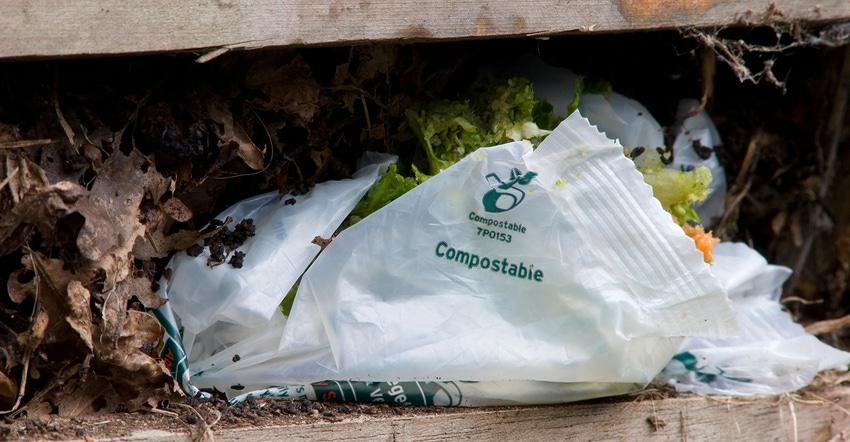New Composting Consortium Offers a Different Take on the Circular Economy
Food packaging stakeholders tackle composting infrastructure with the goal of keeping food packaging and scraps out of landfill.
December 8, 2021

New York-based Closed Loop Partners, a circular-economy-focused investment firm, has partnered with PepsiCo, leading foodservice brand owners, and industry partners to launch the Composting Consortium. The consortium is committed to the advancement of composting infrastructure and improved recovery of compostable food packaging and food scraps.
Participants in the consortium include founding partners PepsiCo and the NextGen Consortium, which comprises Starbucks, McDonald’s, and other foodservice brands; supporting partners Colgate-Palmolive, Kraft Heinz, Mars, and Target; and, as industry partners, the Biodegradable Products Institute and the US Plastics Pact. The Closed Loop Partners Center for the Circular Economy manages the Composting Consortium.
According to Closed Loop Partners, the compostable-packaging and composting-infrastructure environment is swiftly evolving. Demand for alternatives to traditional plastic single-use packaging growing, and the market for compostable packaging is expected to increase 17% per year between 2020 and 2027. Keeping pace with this growth in compostable packaging will require composting infrastructure that is designed to recover the value of these packaging materials and is more widely available.
A benefit of diverting food packaging and the food scraps it contains to composting facilities is mitigation of the greenhouse gases emitted when the packaging and food end up in landfill.
“With current market forces and environmental challenges driving the growth of compostable packaging, there has never been a more critical time to collectively advance labeling, testing, and infrastructure investments related to the recovery of compostable food packaging and food scraps,” Kate Daly, managing director of the Center for the Circular Economy at Closed Loop Partners, said in a prepared statement. “We’re excited to work together with leading brands and retailers … as well as the entire composting value chain — from global brands to composters and packaging manufacturers — to accelerate much-needed solutions.”
The Composting Consortium will work to:
Identify best practices for consumer understanding of compostable-package labeling and collection
Establish when compostable vs. reusable or recyclable packaging is most appropriate
Collaborate on best practices related to policy making
Build an investment roadmap for expanding composting infrastructure to recover compostable packaging and food scraps
“Knowing how important packaging is –– to protect the safety, quality, and freshness of our products, extend their shelf life, and limit food waste –– we understand how critical it is to advance holistic solutions that prevent packaging from becoming waste,” said Burgess Davis, VP global sustainable packaging and sustainability strategy at PepsiCo. “This unprecedented collaboration with the NextGen Consortium and leading foodservice and consumer goods brands can forge a clear path forward for compostable packaging, strengthening it as a viable alternative to plastics and preventing it from going to waste.”
You May Also Like


